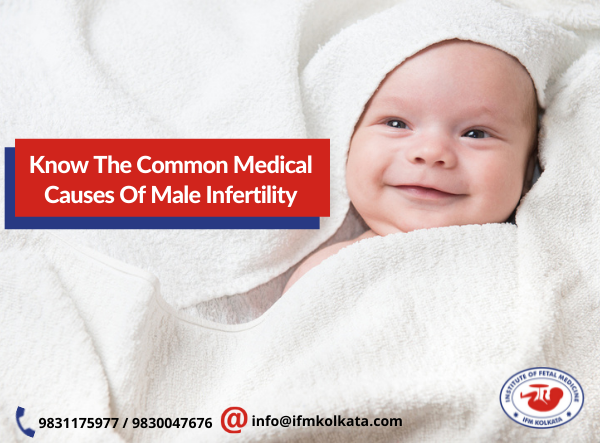Pregnancy can be risky for some women. The entire process can cause a huge health risk for some would-be moms and their unborn babies too. Thanks to modern medical technologies that nowadays, pregnancy has become less risky than before. If your ob-gyn suspects your case is a high-risk pregnancy, you must opt for a reputable clinic where fetal medicine and care are available.
Kolkata has multiple clinics where Fetal Echocardiography and other clinical tests are done to ensure that the mother and the fetus are in a safe condition. Finding one suitable for you is not tough when you know how to choose the right one.
Vital Factors to Check in a Fetal Care Centre
List of Doctors, Radiologists and Other Technicians
A clinic can provide you with the best service because of its team. Thus, it is important to check the list of doctors and other technicians to ensure that you will receive the best support from the top professionals in this industry. Go through the names of fetal care experts, obstetricians and gynaecologists, along with radiologists and fetal medicine professionals. Check their degrees and experience to be sure about their skills and experience.
Range of Services
A good fetal care unit typically offers a range of services for would-be mothers and their unborn babies. This also includes infertility treatments, special care for high-risk pregnancies, Invasives and Non-invasives, IVF/IUI, USG and blood tests in pregnancy. All these medical examinations are done to monitor the fetus’s and the mom’s health. Fetal medicine experts will check these reports and determine what type of treatments your unborn baby should receive inside your womb to be born healthy.
Advanced Equipment
A modern fetal care unit must have advanced equipment that will help doctors and technicians correct and diagnose the issues in a woman and her unborn baby. The results must be accurate and detect different aspects of one particular medical condition. Complex tests like Fetal Echocardiography and others must be done with modern equipment by skilled and certified
technicians only.
Good Customer Service
Fetal care clinics must have excellent customer service. Generally, people come here with lots of anxiety and stress. It is the responsibility of the clinic’s staff to make them feel comfortable and stress-free with the right guidance and treatments.
Institute of Fetal Medicine or IFM offers a range of services and medical options to make pregnancy the most lovable and memorable experience of your life. We have highly advanced equipment in our clinic. Our doctors are the best in their field. Please get in touch with us for more details.









